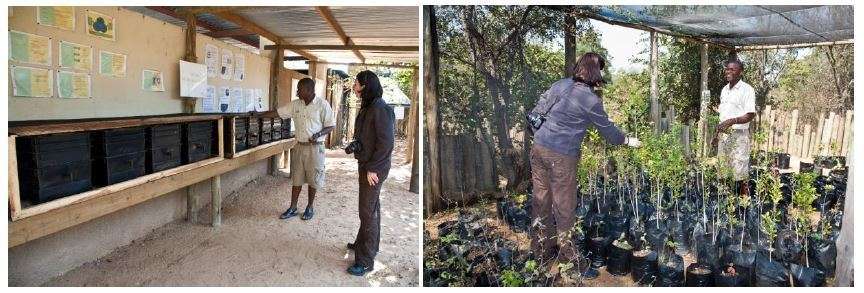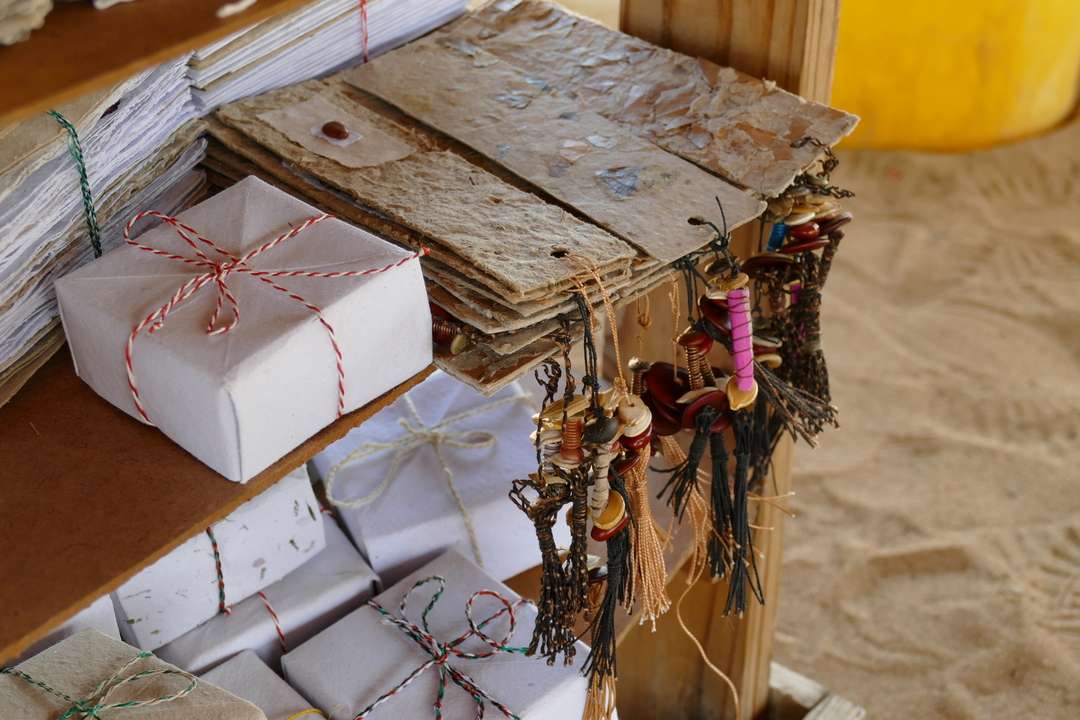Wilderness Impact: Reduce, Reuse, Recycle
On the 18th of March we celebrate Global Recycling Day, and as one of the world’s leading ecotourism groups, we would like to share some of the measures we take in our camps and offices to reduce, reuse, recover and recycle. We hope you will be inspired to follow these steps at home, if you don’t already do so.
Recycling does not only refer to plastics, but also to any waste by-products such as grey water and food scraps and cuttings.
Grey Water
This is a way to conserve and recycle water that otherwise would go to waste. Grey water can be saved by simply catching shower water in a bucket as you wait for it to heat up. This water can then be used to clean floors (as we do in our camps) as well as water plants.
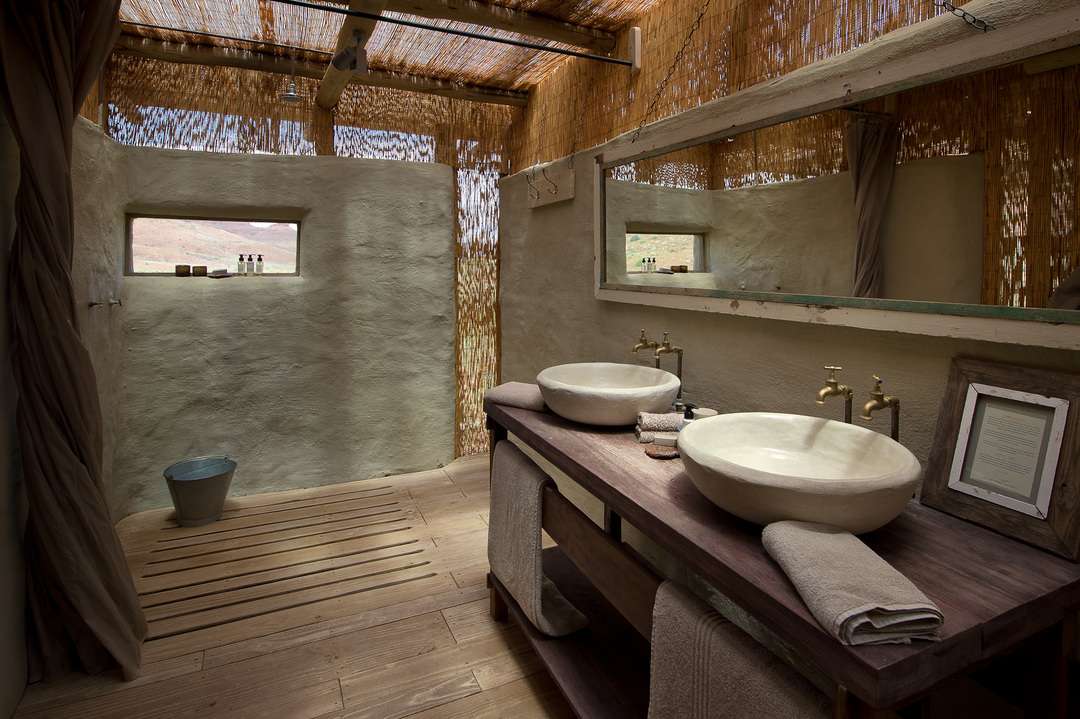
Wilderness Toka Leya uses grey water in their nursery – while this water is not suitable for drinking, it is run through a cleansing and oxygenating process, which purifies it for watering plants; it is also recycled for use in our camp room cisterns.
In areas that have a high water table or are sensitive environments, our standard practice is to use above-ground sewage treatment plants (STP) for all waste water. This system allows for safe, recycled water to be discharged into the environment.
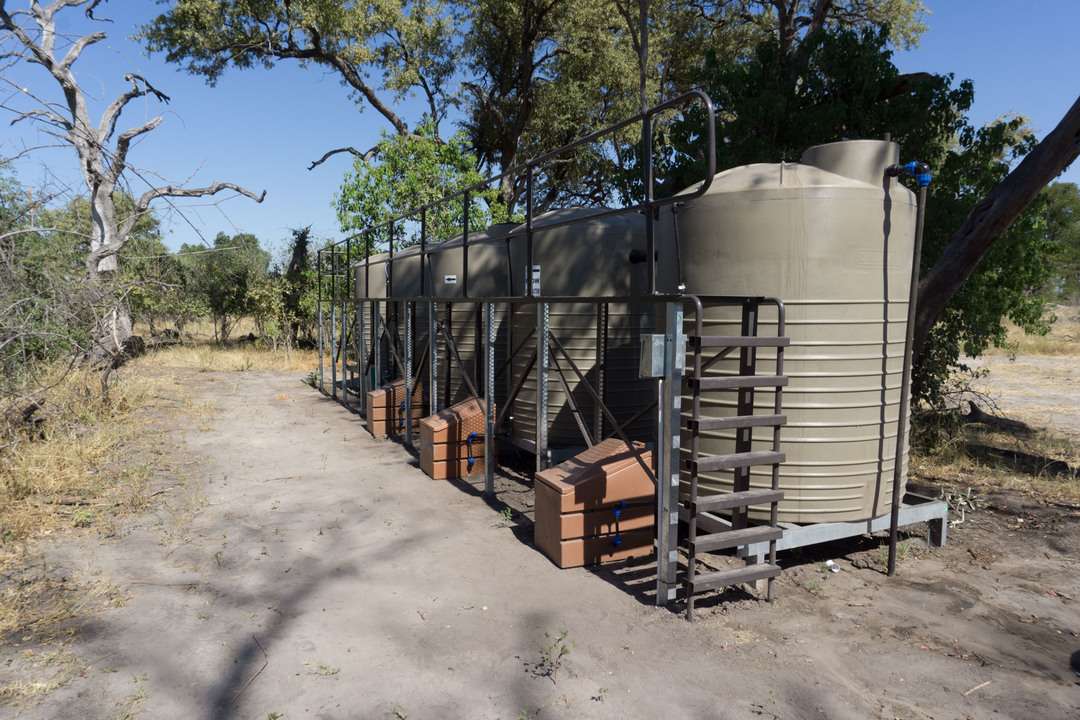
Wormery / Nursery
Toka Leya has a worm farm which makes compost that is mixed with river soil and added to the seedlings in its tree nursery. One of our staff members will walk you around the nursery and worm farm and explain how kitchen scraps are composted by the worms to enhance our nursery output.
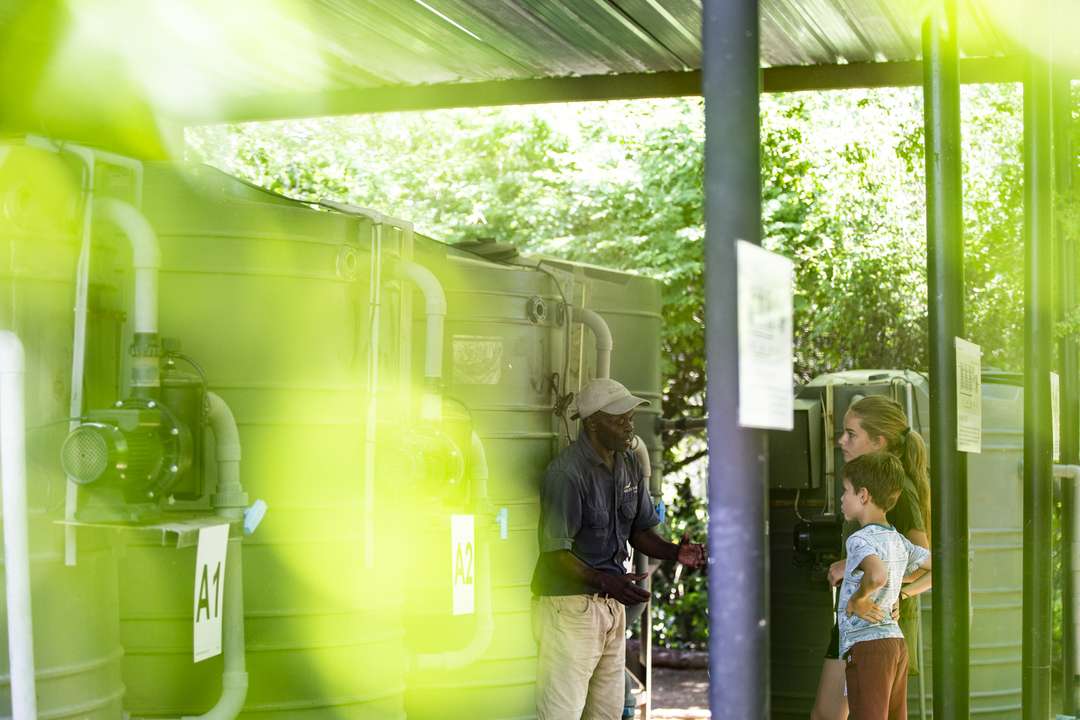
The principle of the stacked-bin worm composter is that, unlike drab earthworms, which dig deep, our red compost worms always migrate upwards, towards the food, leaving their castings to fall below them. We use this information about red worms to our advantage. Generally the idea is to build up a multiple stacking system of connected worm bins or trays that are slightly tapered to allow the bins to nest one within the other. Worm castings (the compost) are collected in the lower bins and worm food (kitchen or garden scraps) is consumed in the upper levels of the wormery. When a lower bin is nearly full of castings it is emptied and rotated to the top.
We are currently researching the possibility of using on-site commercial composters at certain camps. These are capable of breaking down organic and paper waste from the camp, and producing compost which could be used in community vegetable gardens and farming schemes – ideally those supplying the camp with fresh produce. A number of camps have created successful small-scale vegetable gardens in their back-of-house areas, whereas, in others, protected area regulations prevent any cultivation.
Paper Waste
Paper waste has been used in various communities to make beautiful products, including bookmarks, notebooks, origami boxes, and of course bespoke A4 paper. With a bit of creativity, the possibilities for products is endless.
The paper waste used in these projects has been diverted from ending up in landfill, which is a significant step for environmental conservation. Furthermore, the income raised from selling these products has contributed to increased household income for those involved, providing them with a more consistent and reliable income to support their families and pay school fees in these difficult economic times.
Basket Weaving
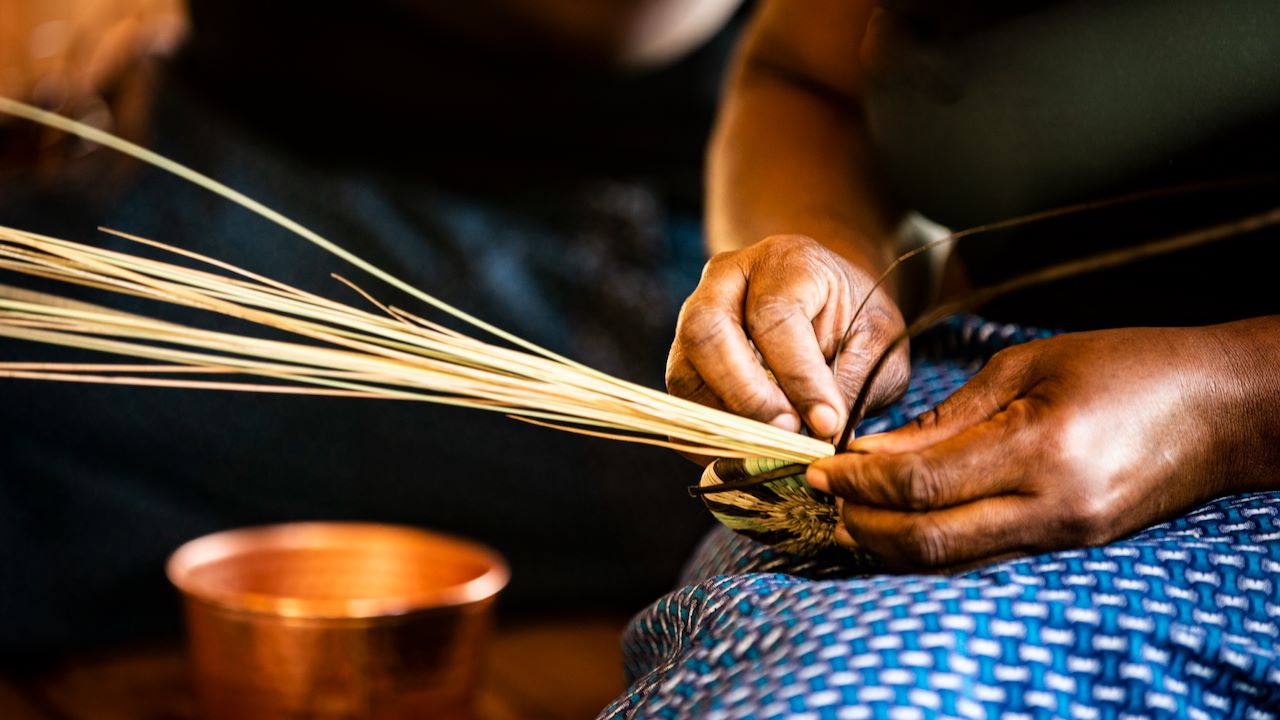
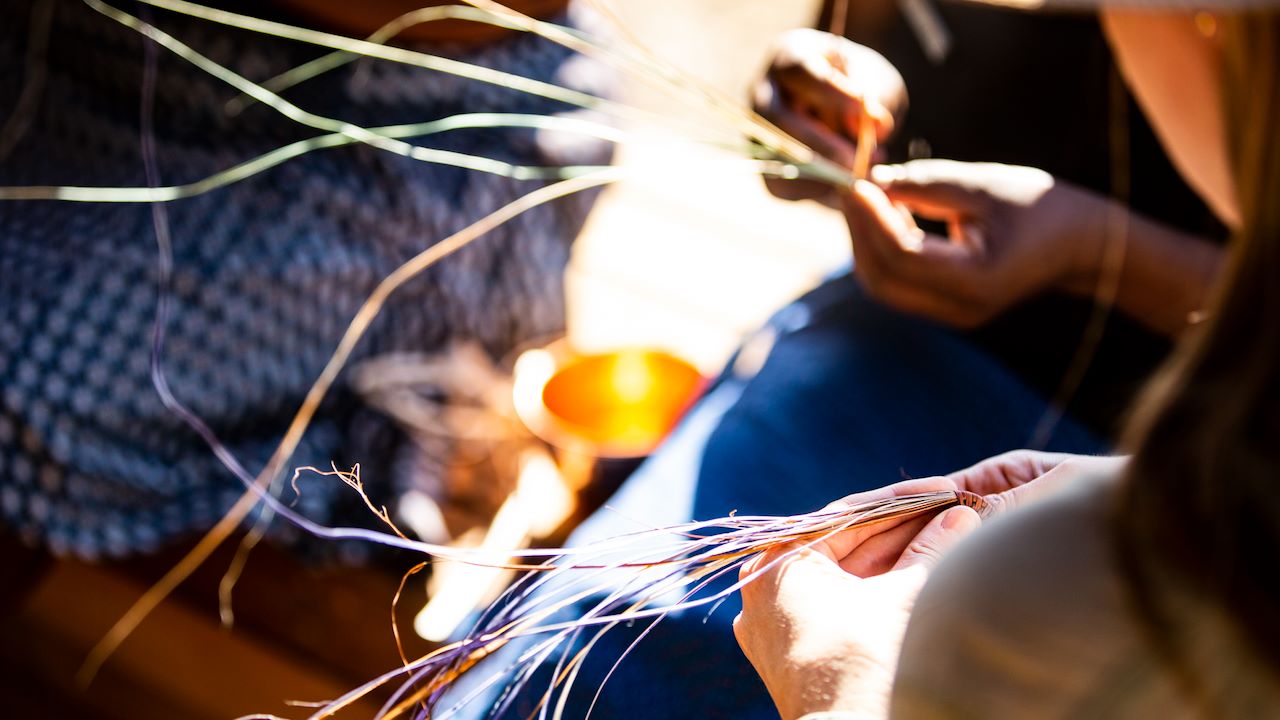




Another project Wilderness is involved in is a ladies’ basket-weaving initiative in local communities, which provides a method of responsible recycling and reduction of waste. Waste that is collected from our camps and picked up around communities is cleaned and used in the basket-making, enhancing the products with vibrant colours found on, for example, confectionary wrappers. This leads to unique product designs that individuals, and businesses such as safari lodges, are able to use as part of their interior design.
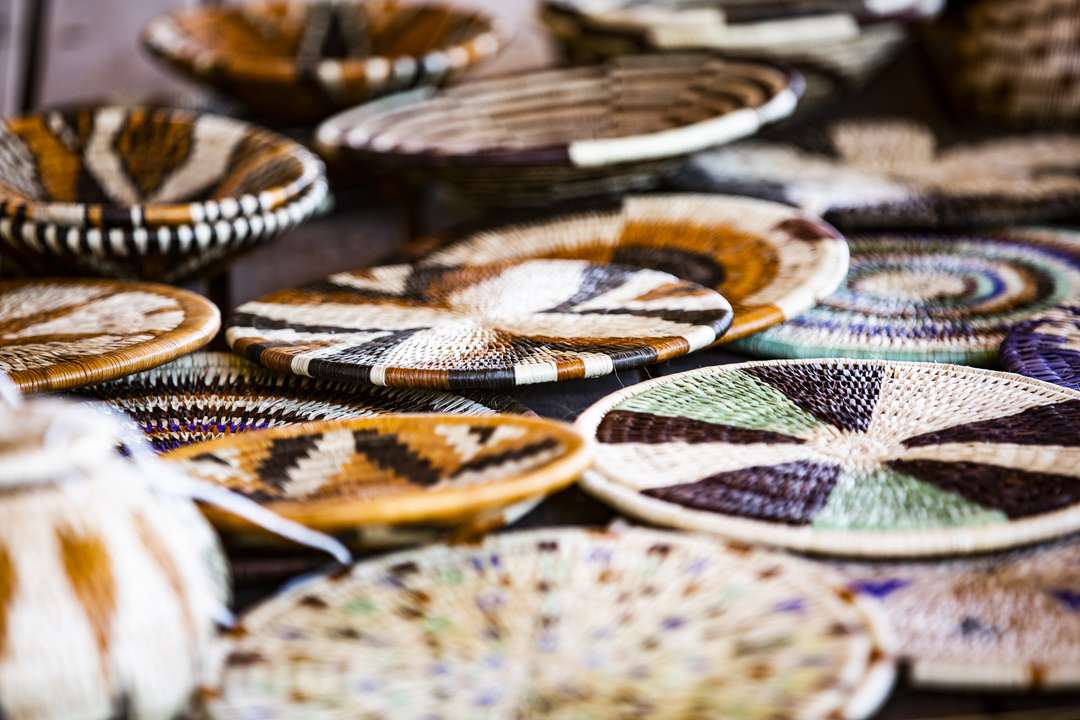
Brickmaking in Hwange National Park
Our brickmaking project in Ngamo and Ziga, rural communities on the outskirts of Hwange National Park, utilises used glass bottles from our camps within the park – anything from wine, beer, and spirit bottles, to mayonnaise jars and tomato sauce bottles. The glass is crushed to a fine sand, and then used as a substitute for river sand in brickmaking. Bricks made using the recycled glass are 20% stronger than those that only use river sand, thus making them more durable and popular. Business is booming, as the bricks are more accessible to local community members who buy them and use them for construction within homesteads.
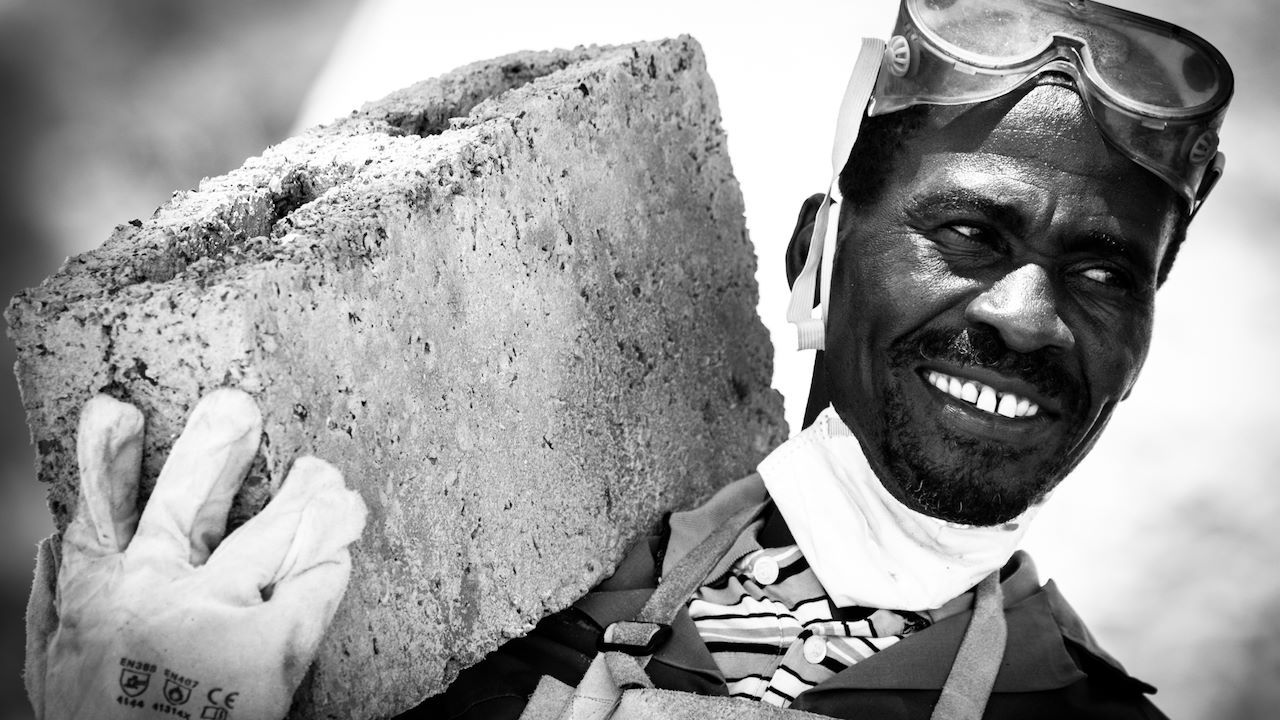
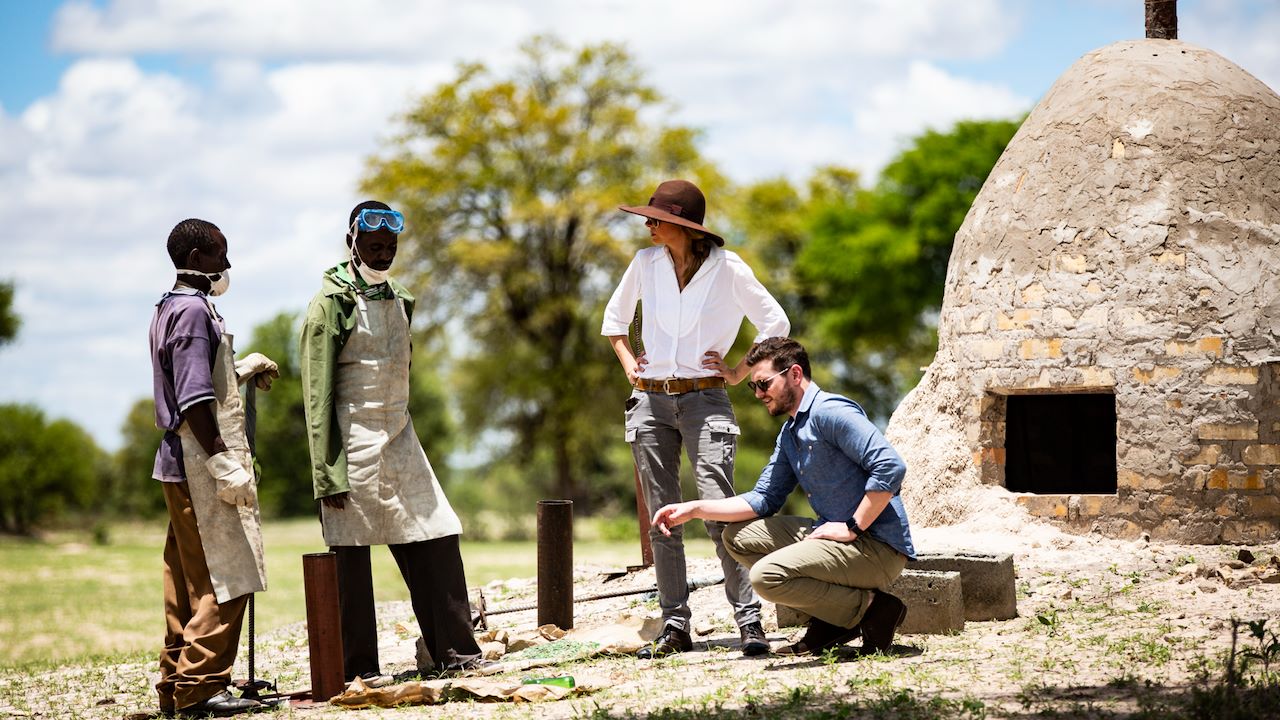
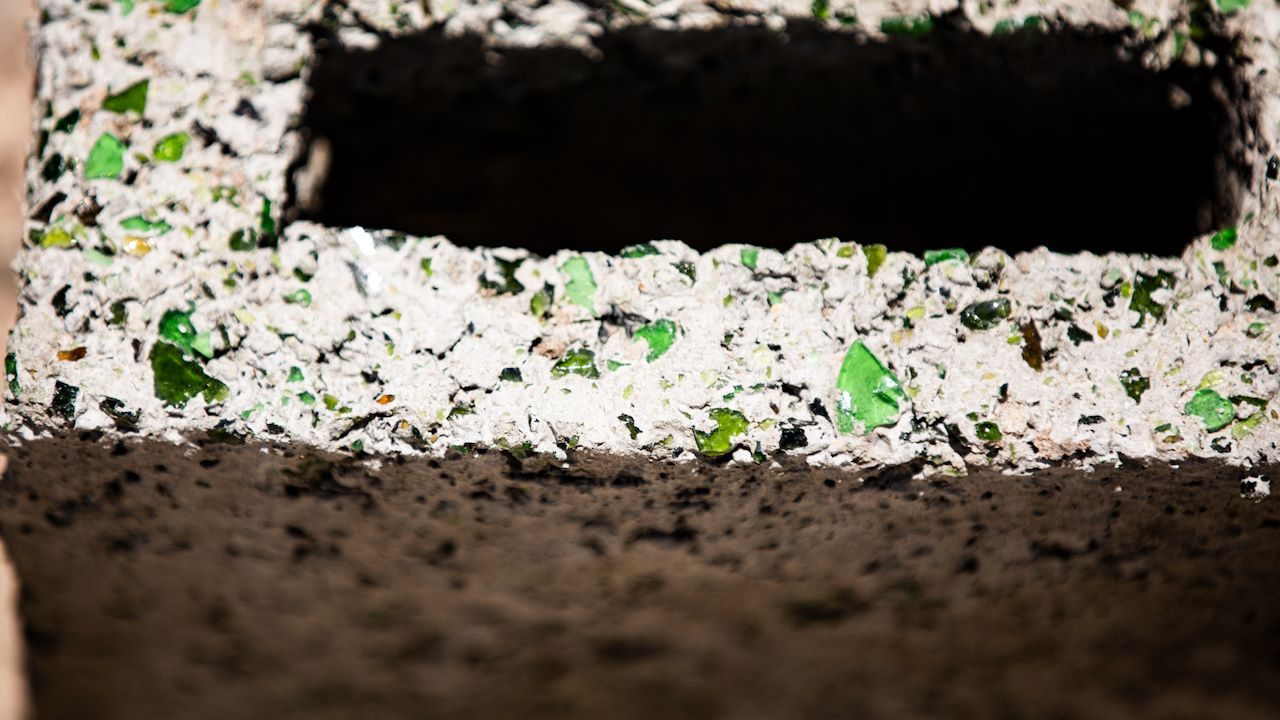



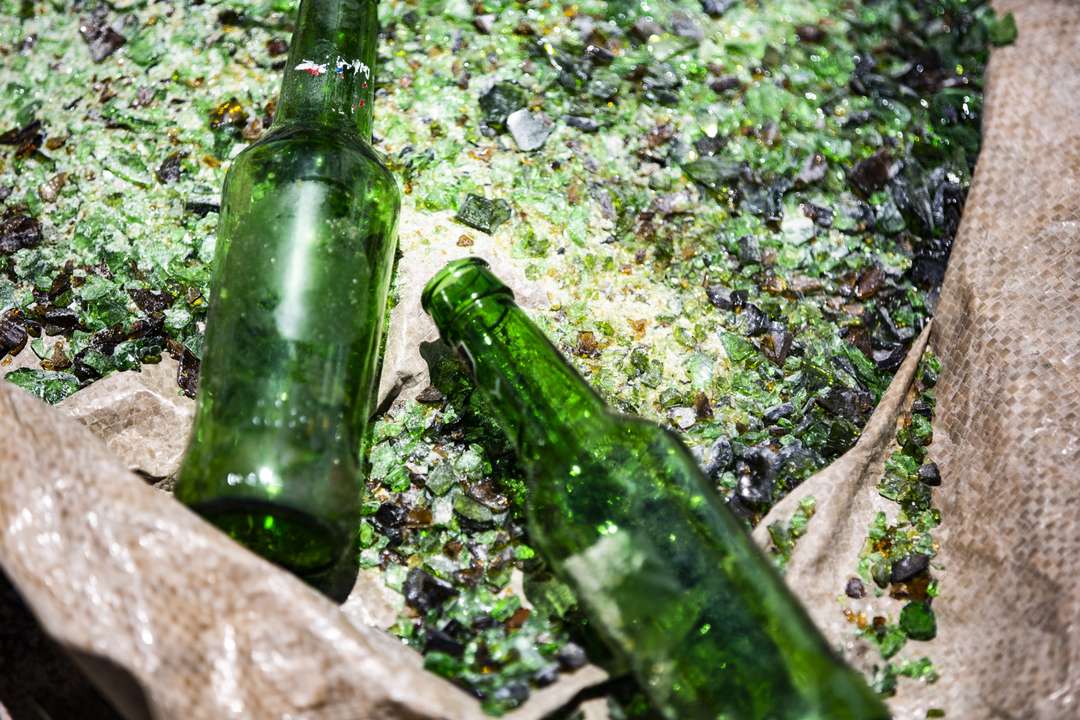
Plastic Recycling
All camps separate waste into recyclable categories, and we endeavour to recycle all separated waste. In 2018 we also introduced this system into our urban offices where we have provided several bins – colour-coded to make the separation process easier.
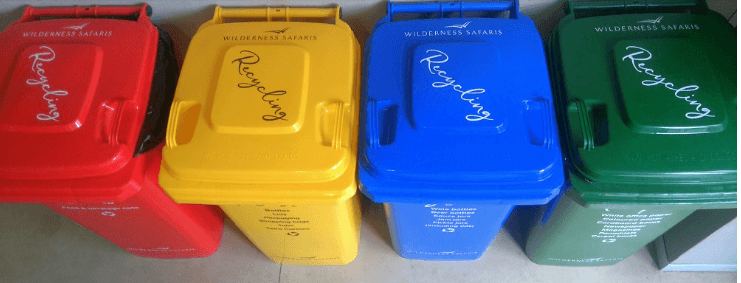
As plastic waste has far-reaching impacts on the environment, we implemented a ‘War on Plastic’ campaign in Botswana in 2018 to reduce the use of plastics. Measures which were implemented included:
- Eliminating the use of cling wrap in the camps, as previously more than 600 km of cling wrap was used annually. Buzzy Wraps are now used as an alternative;
- Banning the use of plastic straws in all camps;
- Vastly reducing the use of plastic packaging for fresh produce. An agreement has been made with local suppliers where as much packaging as possible is sent back to the supplier for reuse. Plastic packaging is avoided as far as possible;
- The use of biodegradable corn starch plastics where viable; and
- Reducing the use of plastic in lunch packs.
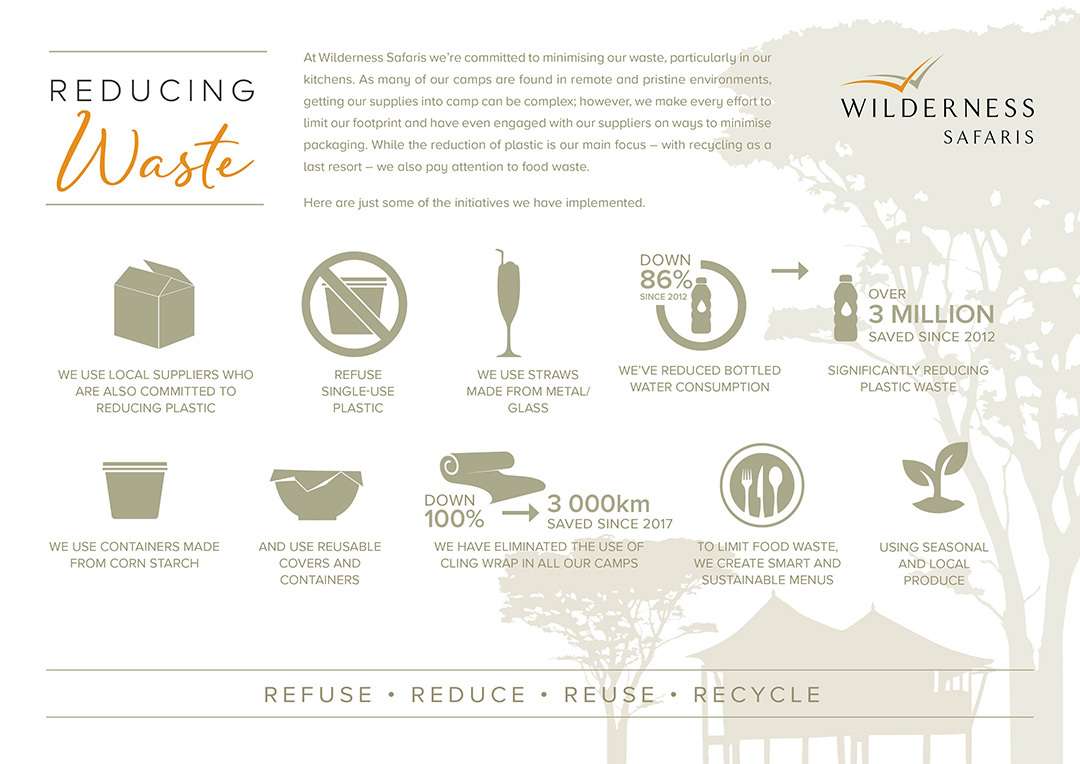

Let’s plan your next journey
Ready?
When we say we’re there every step of the way, we mean it, literally. From planning the perfect circuit, to private inter-camp transfers on Wilderness Air, and easing you through Customs. We’re with you on the ground, at your side, 24-7, from start to finish. Ready to take the road less travelled? Contact our Travel Designers to plan an unforgettable journey.
